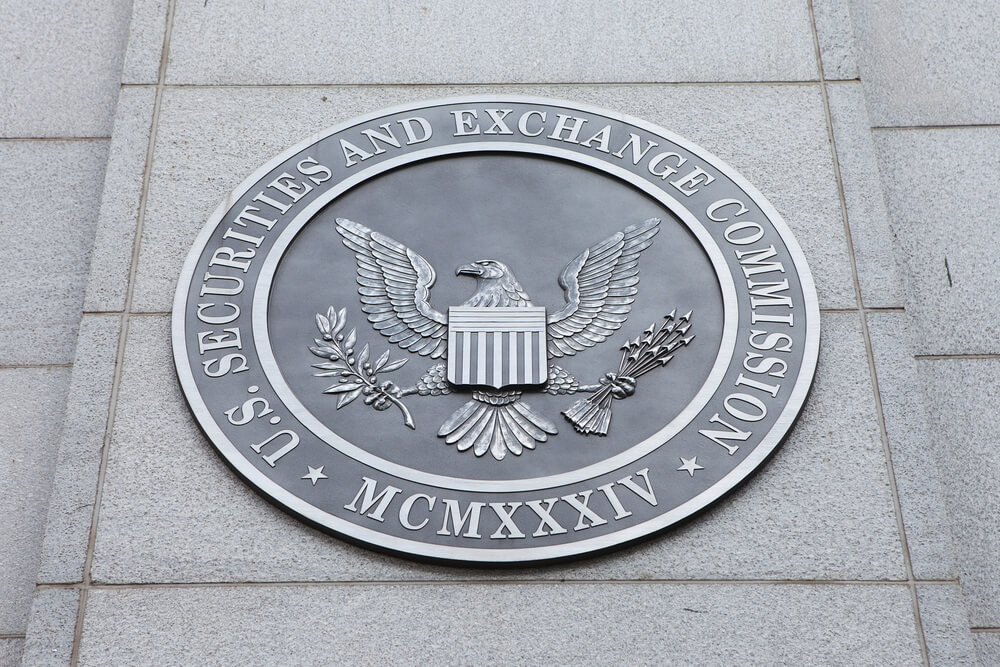The U.S. Securities and Exchange Commission (SEC) has issued a subpoena to Riot Blockchain, citing the need for ‘certain information from the company.’
Last year, Riot Blockchain made headlines after it made the decision to change its name and shifted its attention to blockchain and digital currency-related services. In its annual report released the 17th April the Nasdaq-listed company revealed that it had received a subpoena from the SEC.
It read:
As part of its review of the Company’s public filings, the Securities and Exchange Commission (“SEC”) has inquired about certain of the Company’s assets’ classification as, and amount of, possible Investment Company assets. The Company is responding to the SEC’s inquiries.
Earlier this year, Jay Clayton, chair of the SEC, said that the agency was taking a keener approach to companies that had moved into the blockchain and cryptocurrency industry. In January, he said:
The SEC is looking closely at the disclosures of public companies that shift their business models to capitalize on the perceived promise of distributed ledger technology and whether the disclosures comply with the securities laws, particularly in the case of an offering.
According to a report from the Denver Post, when Riot Blockchain, which emerged from the former biotech company Bioptix, changed its name in October its shares hit a 52-week high of $46.20 by December. Yesterday, they were down to a low of $7.30. Since changing its name, the company has made several digital currency-related acquisitions, including investing in blockchain companies, purchasing bitcoin mining equipment, and buying bitcoins.
According to a CNBC investigation into the company in February, a number of red flags have sprung up for the company, which could see the organisation being kicked off the Nasdaq exchange. These include the postponing of annual meetings, which Riot Blockchain has said will now take place on the 15th May, insider selling after the name change, and dilutive issuances on favorable terms to large investors to name a few examples.
Clayton added that ‘it is not acceptable for companies without a meaningful track record in the sector to dabble in blockchain technology, change their name and immediately offer investors securities without providing adequate disclosures about the risks involved.’
Featured image from Shutterstock.
